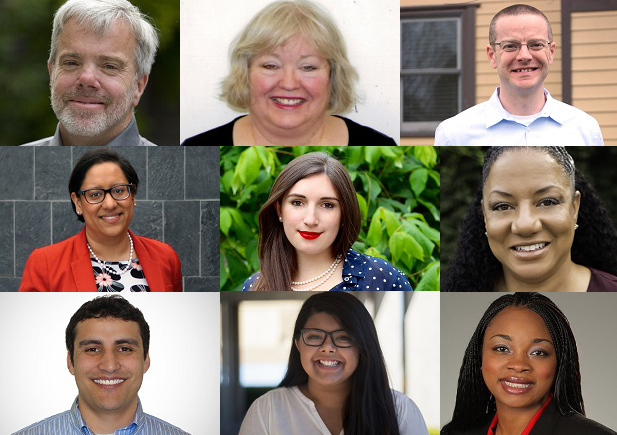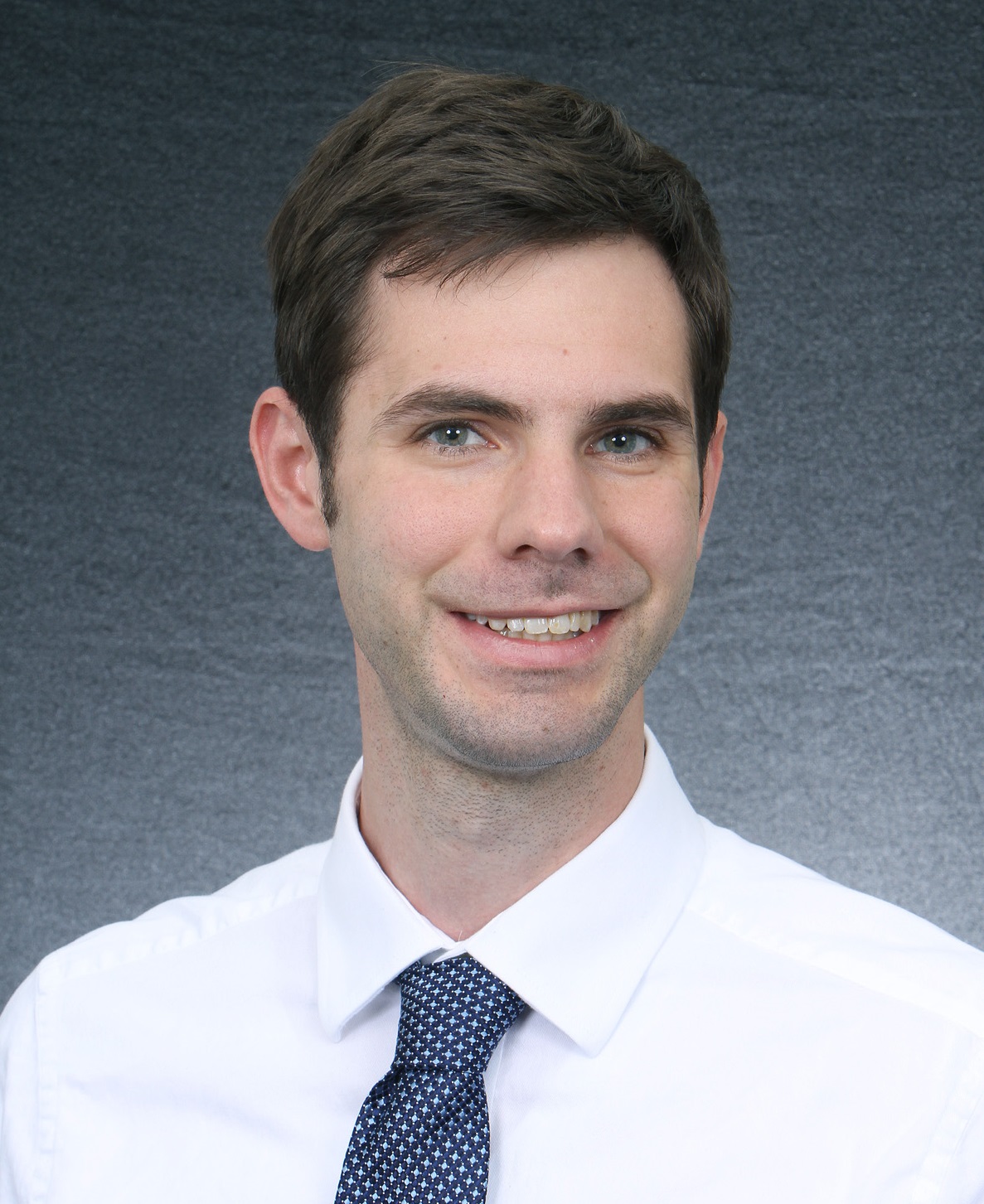Though it could hardly be considered a living wage, the first paycheck that 17-year-old Michael Gaulden earned through last year’s summer jobs program made him feel like the richest man in the world.
“If you were to look into my eyes on that day, you would have sworn I was Bill Gates,” Gaulden wrote in an essay titled Hire-A-Youth: It Makes a Difference.
“Two-hundred and seventy-nine dollars plus fifty-four cents was billions to me,” wrote Gaulden, also noting that he and his family had been living in a car.
“That week I purchased food and toiletries. I bought gas for the car so my mother could get to work, did the laundry, and purchased other necessities which allowed me the chance to step up and become the man of the family who could now be depended on.”
Gaulden’s story and five others were selected recently by the National Association of Workforce Boards (NAWB) as the winner of the association’s contest for the best stories about the 2009 stimulus-funded summer youth employment program.
The official evaluation of the summer jobs program was supposed to have been submitted to the U.S. Department of Labor by Mathematica Policy Research, Inc. by the end of last year. Despite repeated inquiries from Youth Today, there is no official word yet on whether the evaluation will be publicly released anytime soon.
The winners were chosen from stories solicited from agencies that participated in the summer jobs program and were meant to reflect its value by “painting a picture of the program’s impact on individual participants.”
Gaulden’s essay is the only one written by a youth. He wrote it representing the San Diego Workforce Partnership Inc., through which he was placed in a custodial job at the San Diego Unified School District.
The other winners’ essays can all be found here.
Gaulden wrote that he discovered the summer jobs program when he stumbled across a flier advertising the Hire-A-Youth program being run by the San Diego Workforce Partnership, Inc.
“To me, that paper read hope. It meant food. It meant sleeping at a motel at night. It meant a lot more than what it actually read.”
A beginning
Can a $279 paycheck really help turn things around for poor youths whose families are in economic distress?
Jared Aaker, manager of the Summer Youth Employment Program for the San Diego Workforce Partnership, Inc., says it can, and that Gaulden’s summer job was just the “first step in doing some tremendous things.”
“One thing has led to another for him,” Aaker said. “Yeah, summer jobs is a small piece with a small piece of money. But when you’ve got zero, a little is a lot.
“That was the first step for him getting things on track.”
Indeed, since Gaulden first read his essay during a speech he gave on the USS Midway during graduation ceremony for the Summer Youth Employment Program in San Diego, which served 3,200 youths last summer, a lot has happened.
Afterward, Mark Cafferty, San Diego Workforce Partnership president and CEO, offered Gaulden a part-time writing internship in the organization’s communications department after learning that Gaulden liked to write.
Gaulden has started getting services from Reality Changers, an organization that provides financial assistance and academic support to first-generation college-goers.
Gaulden’s mother is now reportedly working as a security guard and the family has its own apartment.
“Our days of struggling with homelessness are over,” Gaulden wrote.
Aaker said he was initially skeptical about the ability of summer jobs to have an impact on youths’ lives. But his skepticism has eroded after hearing dozens of stories similar to Gaulden’s.
“From what I’ve heard from the young people, in this economic time and what families are going through, the impact of the summer jobs program was tremendous,” Aaker said. “Having had the opportunity to hear the stories firsthand, I think the impact has far exceeded what I expected from it.”
He said a survey of 500 youths in the summer jobs program in San Diego found that 90 percent of the youths related that they would have been unemployed were it not for the program.
Aaker also noted how crime dropped in San Diego in 2009 and, while he can’t be certain of it, he believes the summer jobs program had something to do with it.
“It changed the climate in San Diego during the summer,” Aaker said.
Jamaal Abdul-Alim covers College & Careers through a grant from the Bill & Melinda Gates Foundation. He can be reached at Jamaal@youthtoday.org





























